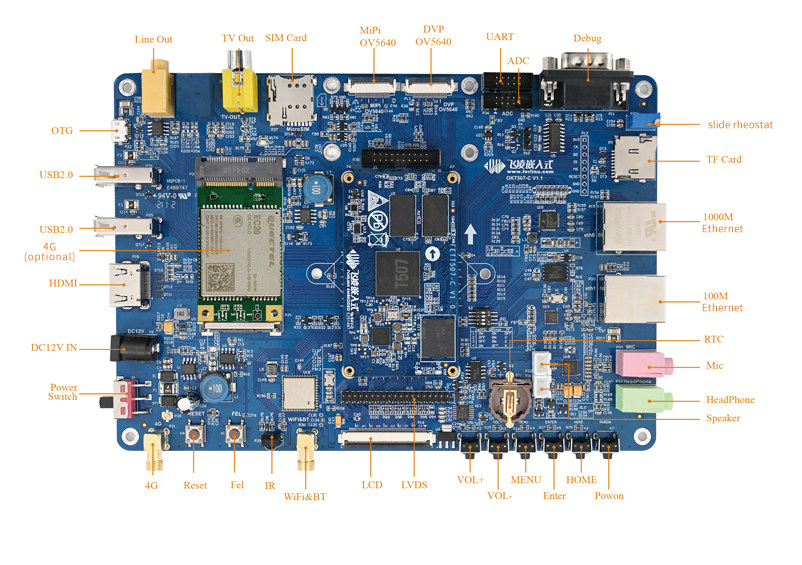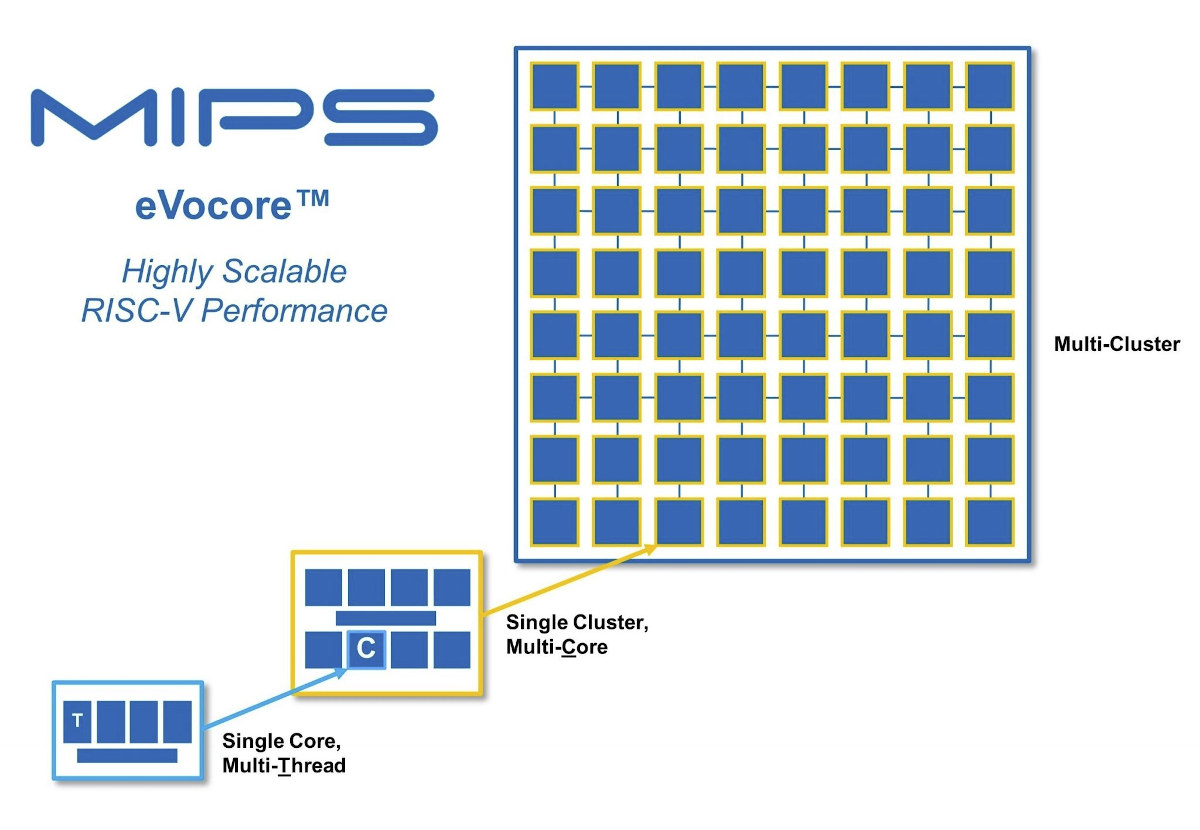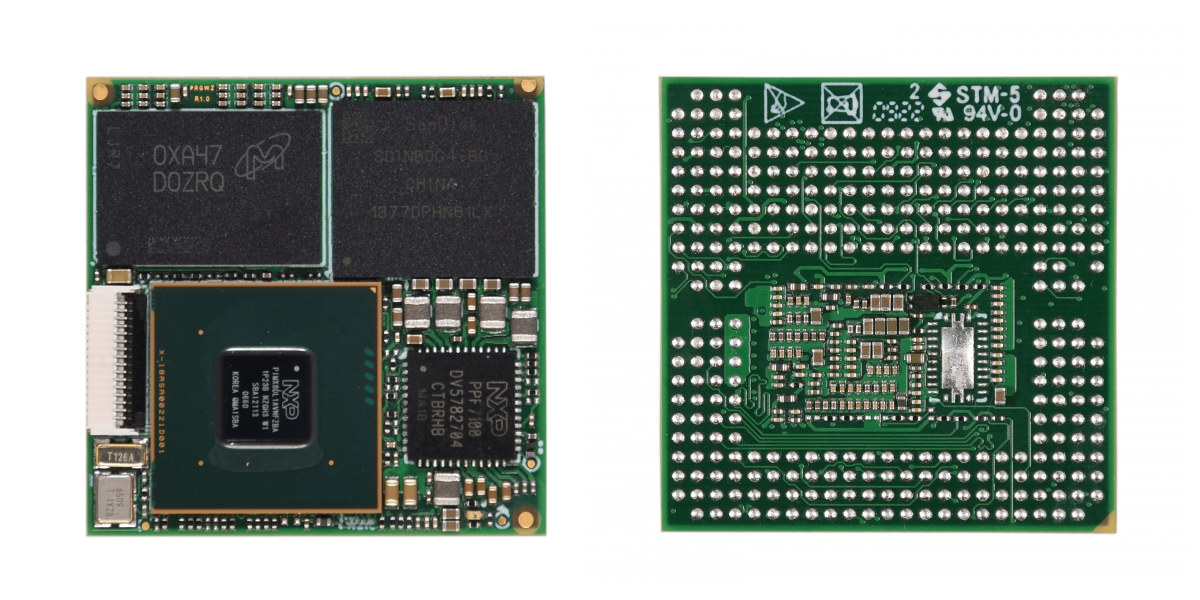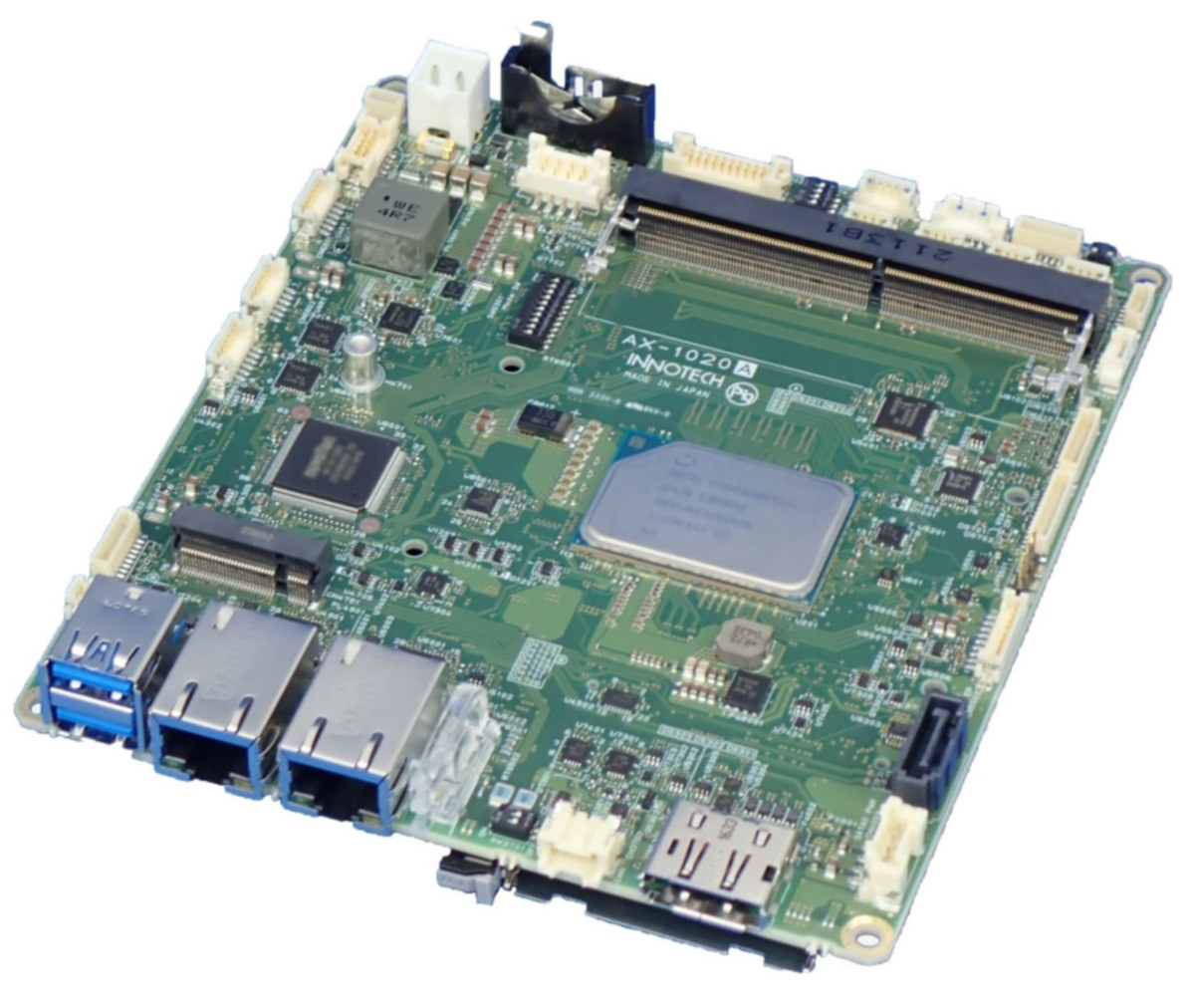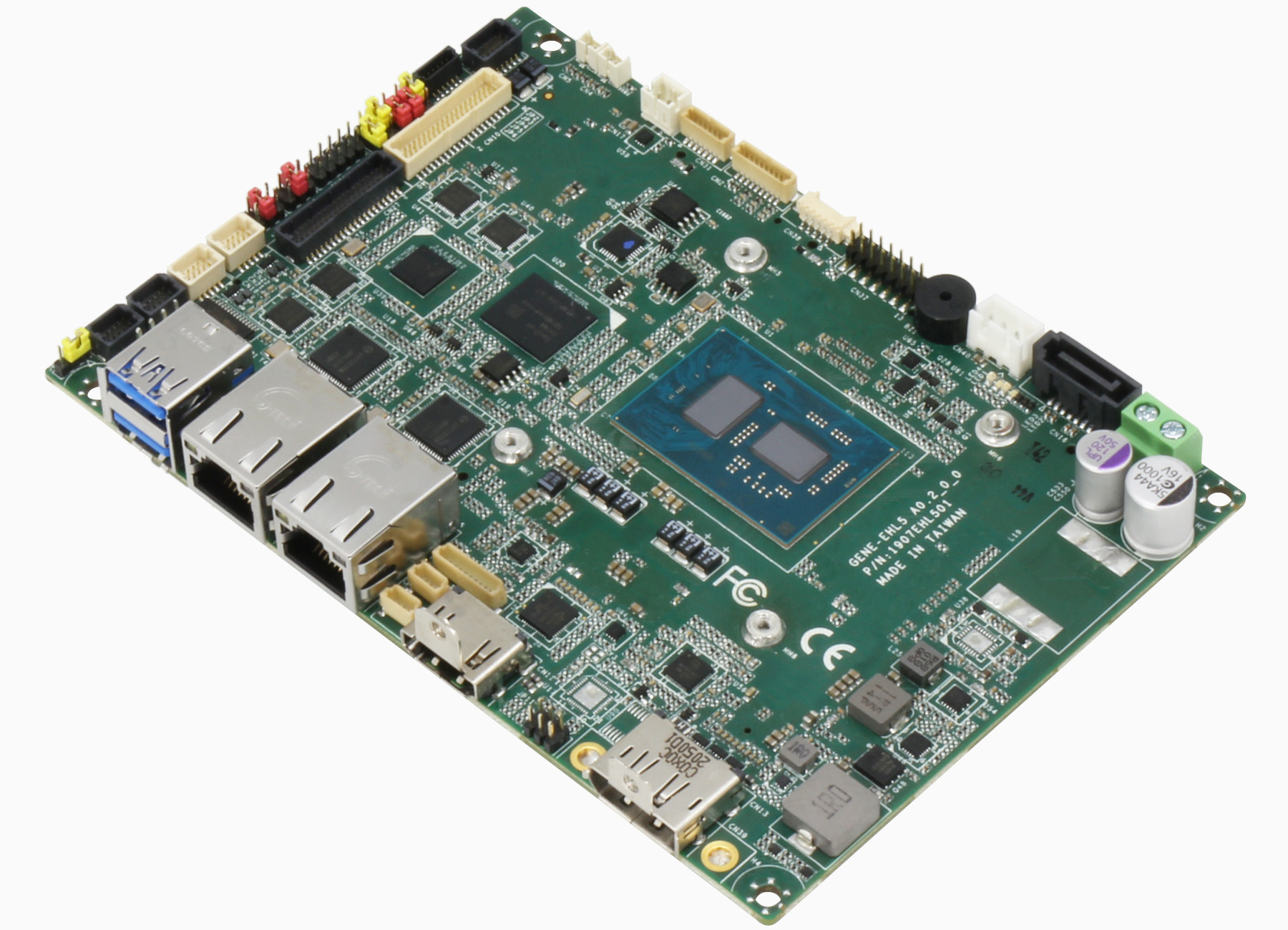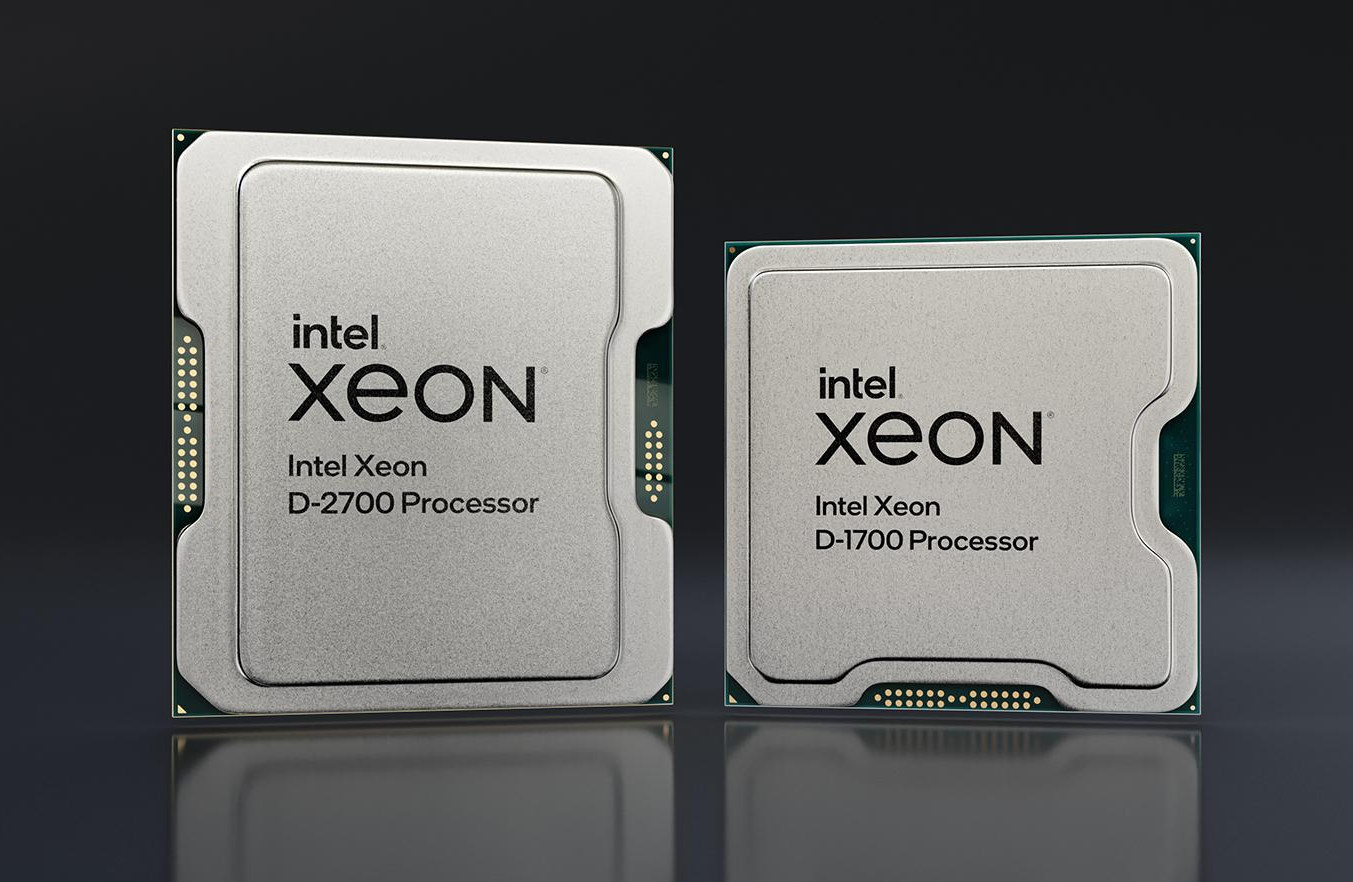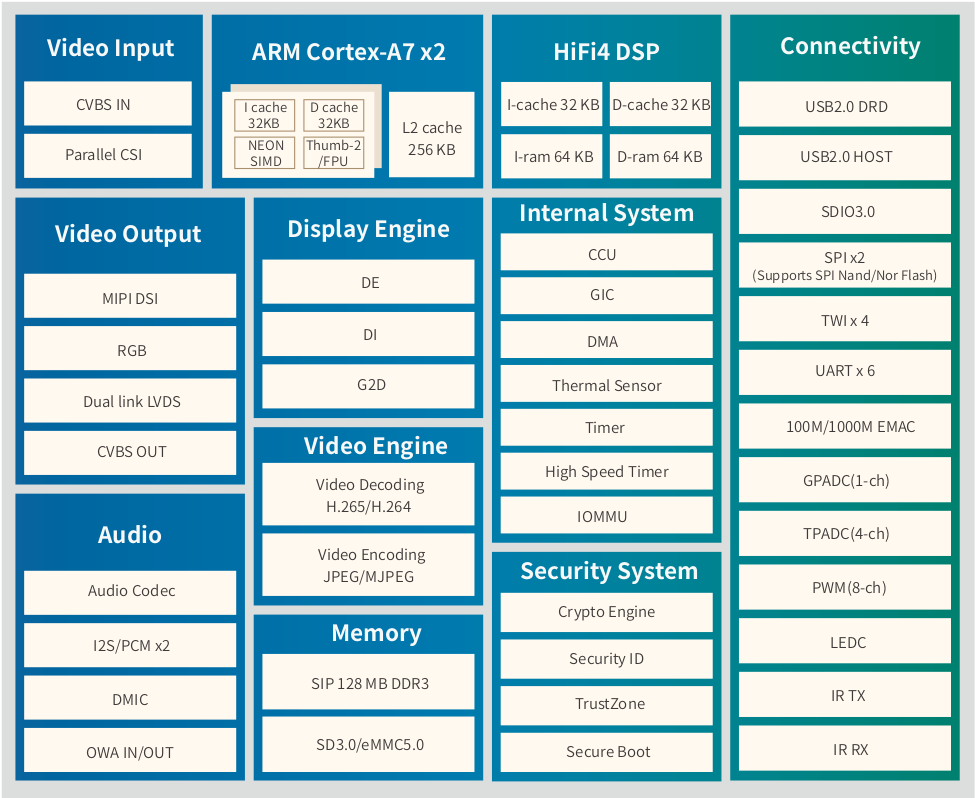Embedded World 2020 was a lonely affair with many companies canceling attendance due to COVID-19, and Embedded World 2021 took place online only. But Embedded World is back to Nuremberg, Germany in 2022 albeit with the event moved from the traditional month of February to June 21-23. Embedded systems companies and those that service them will showcase their latest solution at their respective booths, and there will be a conference with talks and classes during the three-day event. The programme is up, so I made my own little Embedded World 2022 virtual schedule as there may be a few things to learn, even though I won’t be attending. Tuesday, June 21, 2022 10:00 – 13:00 – Rust, a Safe Language for Low-level Programming Rust is a relatively new language in the area of systems and low-level programming. Its main goals are performance, correctness, safety, and productivity. While still ~70% of […]
Allwinner T507 industrial processor powers automotive single board computer and module
Forlinx OKT507-C single board computer for automotive applications is powered by FETT507-C system-in-module equipped with Allwinner T507 industrial processor, 2GB RAM, and 8GB eMMC flash. Allwinner T507 offers the same features as Allwinner H616 for TV boxes with a quad-core Cortex-A53 CPU, a Mali G31 MP2 GPU, and the same I/Os, but the processor is AEC-Q100 certified, supports -40°C to +85°C temperature range, and Allwinner promises over 10 years of longevity. OKT507-C single board computer specifications: FETT507-C System on Module SoC – Allwinner T507 quad-core Cortex-A53 @ 1.5GHz with Arm Mali-G31 MP2 GPU with support for OpenGL ES 3.2/2.0/1.0, Vulkan1.1, OpenCL 2.0; (“2.25W power consumption under load”) System Memory – 2GB DDR3L Storage – 8GB eMMC flash Board-to-board connectors for carrier board connection Supply Voltage- 5 V Dimensions – 70 x 40 mm Temperature Range – -40°C to +85°C Carrier board Storage – MicroSD card slot Display I/F 1x LCD […]
MIPS unveils RISC-V eVocore P8700 and I8500 multiprocessor IP cores
MIPS is dead, right? Well, there’s now very little done on the architecture itself, MIPS (the company) has decided to switch to RISC-V architecture, and unveiled the eVocore product lineup currently comprised of the eVocore P8700 and I8500 multiprocessor IP cores. The 64-bit cores are scalable from single-core multi-thread to a single cluster with multiple cores, and up to a multi-cluster, and target high-performance, real-time compute applications such as networking, data centers, and automotive. The eVocore P8700 comes with a 16-stage deep pipeline with multi-issue Out-of-Order (OOO) execution and multi-threading. MIPS claims it has single-threaded performance greater than what is currently available in other RISC-V CPU IP offerings, but did not provide any numbers. It will likely be used in the cloud and high-end servers as it can scale up to 64 clusters, 512 cores and 1,024 harts/threads. P8700 highlights: Multi-issue superscalar Out of Order (OOO) with Multi-threading 16-stage pipeline […]
OSM Size-S compliant LGA system-on-module is powered by NXP i.MX 8XLite processor
iWave Systems has launched another system-on-module compliant with the SGET OSM (Open Standard Module) standard with the iW-RainboW-G46M powered by NXP i.MX 8XLite Cortex-A35 processor designed for V2X and IIoT applications and following OSM Size-S (30x30mm) form factor The new system-on-module follows the iW-RainboW-G40M module with NXP i.MX 8M Plus processor and OSM Size-L (45x45mm) form factor launched at the beginning of the year. The iW-RainboW-G46M comes with 2GB RAM and 8GB flash by default, Gigabit Ethernet, PCIe, and CAN interfaces among others, and can operate in a wide -40°C to +125°C temperature range. iW-RainboW-G46M specifications: SoC – NXP i.MX 8XLite Dual/Solo Cortex-A35 processor @ up to 1.2 GHz with Cortex-M4F real-time core, on-chip V2X accelerator (but no GPU, no VPU) System Memory – 2GB LPDDR4 (expandable) Storage – 8GB eMMC Flash (expandable) 332 balls contact grid with Display – 18-bit RGB LCD interface Audio – 1x I2S Networking – […]
INNOTECH AX-1020 Atom x6000E Elkhart Lake SBC targets fanless equipment
Japan-based INNOTECH has announced the AX-1020 SBC based on Intel Atom x6000E Elkhart Lake processor designed for fanless industrial equipment, medical equipment, surveillance/security, and transportation applications. The board supports up to 16GB of RAM, SATA & NVMe storage, and is equipped with three display interfaces, two Gigabit Ethernet ports, six USB3.0/2.0 interfaces, one RS-485/422, and four RS-232C serial interfaces. INNOTECH AX-1020 specifications: Choice of Atom x6000E Elkhart Lake SoC Intel Atom x6425E quad-core processor @ 2.00 GHz / 3.0 GHz with 32 EU UHD graphics; 12W TDP Intel Atom x6413E quad-core processor @ 1.50 GHz / 3.0 GHz with 16 EU UHD graphics; 9W TDP Intel Atom x6211E dual-core processor @ 1.30 GHz / 3.0 GHz with 16 EU UHD graphics; 6W TDP System Memory – 4GB to 16GB DDR4 SO-DIMM (The company tells customers to contact them first when using 8GB or 16GB RAM) Storage – 1x SATA port, […]
3.5-inch Elkhart Lake SBC offers dual GbE, 4x M.2 sockets, 5G cellular support
AAEON GENE-EHL5 is a 3.5-inch Subcompact board based on Intel Atom x6000E Series, Pentium, and Celeron “Elkhart Lake” processors with four M.2 expansion slots for wireless connectivity (5G, WiFi, etc…) and NVMe modules, as well as two Gigabit Ethernet ports. The single board computer comes with one DDR4 SODIMM slot for up to 32GB IBECC memory, supports SATA and NVME storage, offers DisplayPort and HDMI, and eDP/LVDS video interface, as well as wide DC input from 9-36V, although there’s also a cost-down option for 12V DC input only. AAEON GENE-EHL5 specifications: Elkhart Lake SoC (one or the other) with Intel UHD graphics Intel Atom x6425RE quad-core processor @ 1.90 GHz; 12W TDP Intel Atom x6425E quad-core processor @ 2.00 GHz / 3.00 GHz (Turbo); 12W TDP Intel Atom x6211E dual-core processor @ 1.30 GHz / 3.00 GHz; 6W TDP Intel Pentium J6426 quad-core processor @ 2.00 GHz / 3.00 GHz; […]
Intel Xeon D network and edge processors find their way into COM Express & COM-HPC modules
Intel has recently launched the Intel Xeon D (Ice Lake-D) processor family with the D-2700 and the D-1700 models designed for software-defined network and edge applications with integrated AI and crypto acceleration, built-in Ethernet, support for Intel Time Coordinated Computing (TCC) and Time-Sensitive Networking (TSN), plus high reliability. The new processors are bringing data center-class hardware to the edge, and at least two embedded systems companies, namely ADLINK Technology and Congatec, have already launched COM-HPC server modules and COM Express Type 7 module based on the new Intel Xeon D family. Intel Xeon D processors Intel Xeon D-2700 and Intel Xeon D-1700 are designed for space- and power-constrained ruggedized environments, feature industrial-class reliability, hardware-based security, and up to 56 high-speed PCIe lanes to support networks with up to 100Gbps Ethernet. While the Intel Xeon D-1700 sub-family is scalable from 2 to 10 cores, the Intel Xeon D-2700 family goes up […]
Allwinner T113-S3 dual-core Cortex-A7 SoC features 128MB DDR3, targets automotive and industrial applications
Allwinner T113-S3 is a dual-core Cortex-A7 processor with 128MB DDR3 on-chip memory that is designed for smart control and HMI applications in the automotive and industrial sectors. At first glance, the new processor looks quite similar to Allwinner S3, but with twice the number of cores. However there’s more to it, as a a HiFi4 DSP has been added for smart audio applications, the H.264 encoder is gone replaced by an MPJEG encoder, and the company claims support for “industrial level working temperature”, plus a 10-year life cycle. among other differences. Allwinner T113-S3 specifications: CPU – Dual-core Arm Cortex-A7 with 32 KB L1 I-cache + 32 KB L1 D-cache per core, and 256 KB L2 cache DSP – Single-core HiFi4 Memory – 128 MB DDR3 Storage I/F – SD3.0/eMMC 5.0, SPI Nor/NAND Flash Video Decoding – H.264, H.265, MPEG-1/2/4, (M)JPEG, VC1 up to 1080p60 Encoding – JPEG/MJPEG up to 1080p60 […]



